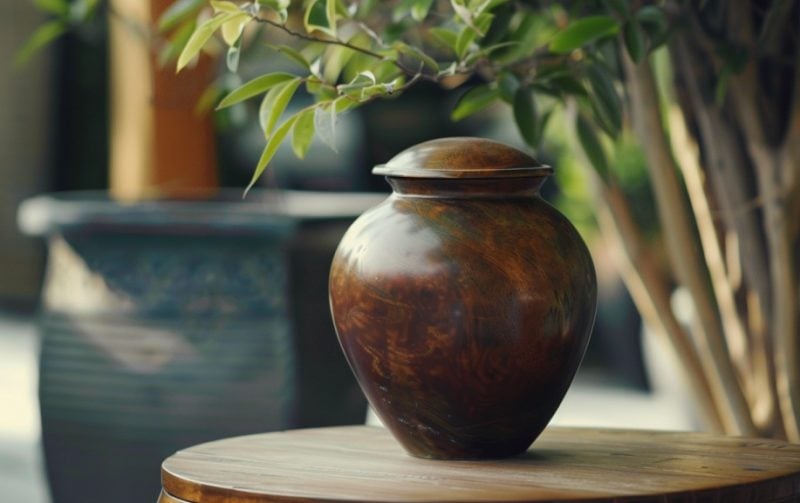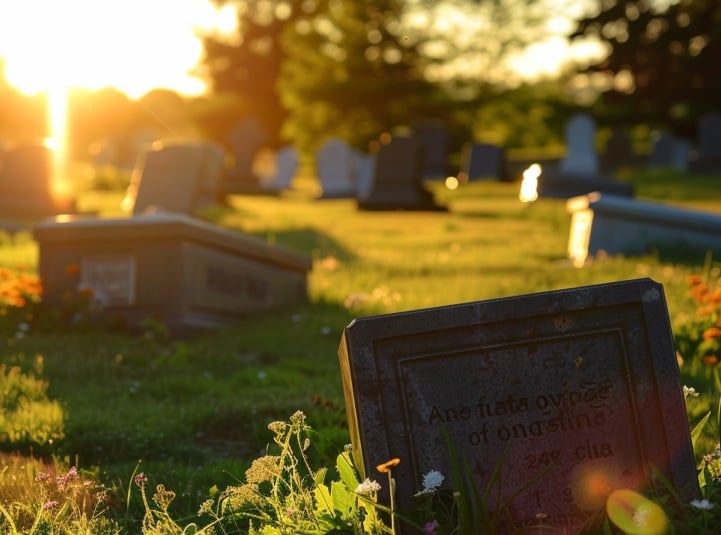Understanding the Ethical Aspects of Cremation Services

In recent years, the decision around final arrangements has seen a noticeable shift towards cremation services in Destrehan, LA, increasingly considering it a viable option. This choice, while deeply personal, is intertwined with various ethical aspects that warrant thoughtful consideration. As we delve into the ethical dimensions of cremation, we invite you to explore with us how these services not only respect the wishes of the departed but also reflect on broader social, environmental, and personal values. Continue reading to uncover the nuanced aspects of this decision and how it aligns with modern ethical considerations.
Navigating Ethical Considerations in Cremation
At the heart of choosing cremation are ethical considerations that each family must navigate. This journey is shaped by a confluence of personal beliefs, environmental concerns, and spiritual traditions. Many individuals find solace in the simplicity and minimal environmental impact that cremation offers, aligning with a growing consciousness about ecological sustainability. Ethically, it also opens up a dialogue about stewardship of the earth and our responsibility towards future generations.
Furthermore, the decision often reflects deep respect for personal wishes and spiritual beliefs. In diverse societies, cremation can be a practice that honors a person’s cultural or religious backgrounds, offering a way of saying goodbye that is in harmony with their values. This respect for individual preference is a cornerstone of ethical decision-making in end-of-life care.
Yet, ethical considerations also extend to the emotional well-being of those left behind. Families must weigh the desire for a tangible place of remembrance against the flexibility and simplicity cremation affords. In essence, navigating the ethics of cremation is about finding balance—between honoring the earth, respecting wishes, and addressing the needs of the grieving. It’s a path that requires compassion, understanding, and thoughtful reflection.
Balancing Tradition and Modern Ethics
In the delicate arena of final arrangements, the balance between honoring traditional practices and embracing modern ethical standards presents a unique challenge. Traditions, deeply rooted in community, culture, and spirituality, often dictate how we approach the end of life. These customs provide comfort and a sense of continuity during times of loss, creating a bridge between the past and the present. However, as societal values evolve, so too does our understanding of what is ethically responsible.
dictate how we approach the end of life. These customs provide comfort and a sense of continuity during times of loss, creating a bridge between the past and the present. However, as societal values evolve, so too does our understanding of what is ethically responsible.
Modern ethics, with a heightened awareness of environmental concerns and personal autonomy, encourages a reevaluation of traditional burial practices. Individuals and families are increasingly looking for ways to align their final arrangements with principles of sustainability and individual choice. This shift can sometimes be at odds with long-established norms but also offers an opportunity for meaningful dialogue about change and adaptation in our rituals.
The intersection of tradition and modern ethics invites us to reflect on our values and how they are manifested in our choices. By considering both the historical significance of burial practices and the emerging ethical priorities of today, families can forge a new path that respects both past and present. This delicate balance fosters an environment where personal beliefs and societal values are in harmonious coexistence, demonstrating that tradition and modern ethics can indeed support one another in creating a fitting tribute to a life well-lived.
The Moral Questions Behind Cremation Choices
Deciding on cremation often brings to the forefront several moral questions that delve deep into personal and collective ethics. This decision is not merely logistical but is imbued with considerations about respect for the deceased, environmental stewardship, and the emotional needs of the living. Families find themselves pondering the balance between honoring the wishes of their loved ones and the potential impact on the planet.
Furthermore, the choice of cremation can raise questions about the spiritual implications of such decisions, varying greatly among different cultures and religions. It compels us to consider the dignity of the deceased and how different funeral practices embody that dignity. Also, the growing preference for cremation over traditional burial practices prompts a reevaluation of what our choices say about our values concerning the earth’s resources and our obligations to future generations.
Navigating these moral questions requires a compassionate understanding that each family’s choice is deeply personal. It underscores the importance of dialogue and reflection in the process of grieving and honoring a loved one. Ultimately, addressing these moral inquiries encourages a thoughtful approach to end-of-life decisions, ensuring they align with personal ethics and broader societal values.
In exploring the ethical dimensions of cremation, it becomes evident that this choice encompasses profound considerations of personal belief, environmental responsibility, and respect for the deceased. As we reflect on these aspects, it’s essential to make decisions that align with our values and the legacies we wish to leave behind. For those in our community considering cremation services Destrehan, LA, we at L.A. Muhleisen & Son Funeral Home are here to guide you through these considerations with compassion and understanding. We invite you to reach out to us for more information, as you navigate this important decision with respect and care.
Edward Muhleisen
We have more than 125 years of experience caring for families, from all walks of life. When each family plan for the future. they comes to us because they know we are leaders in our profession, dedicated to excellence in service, and have the highest integrity.

